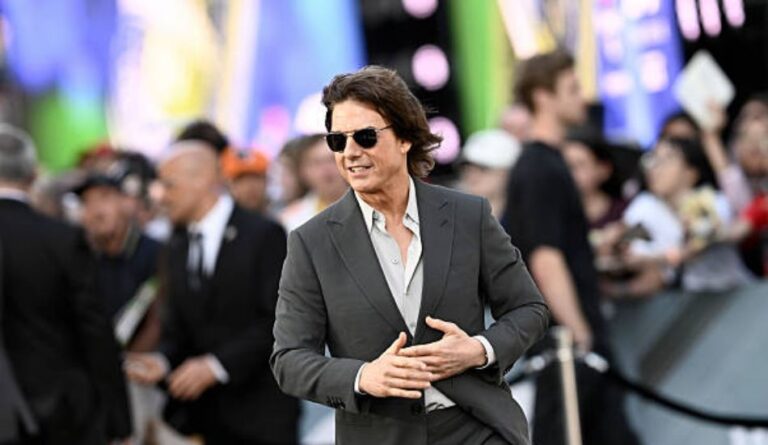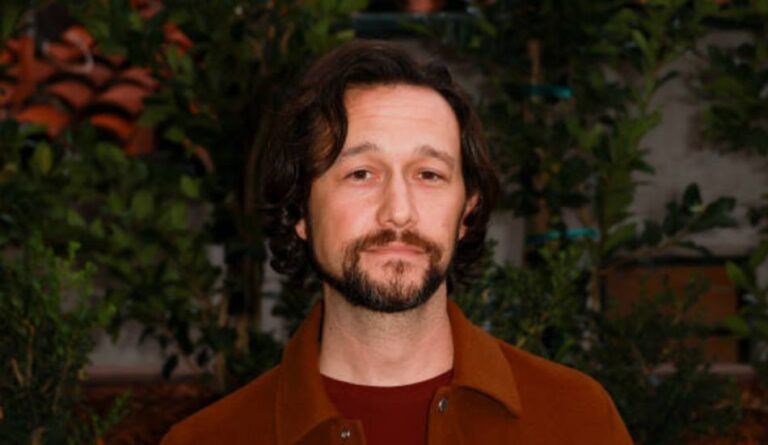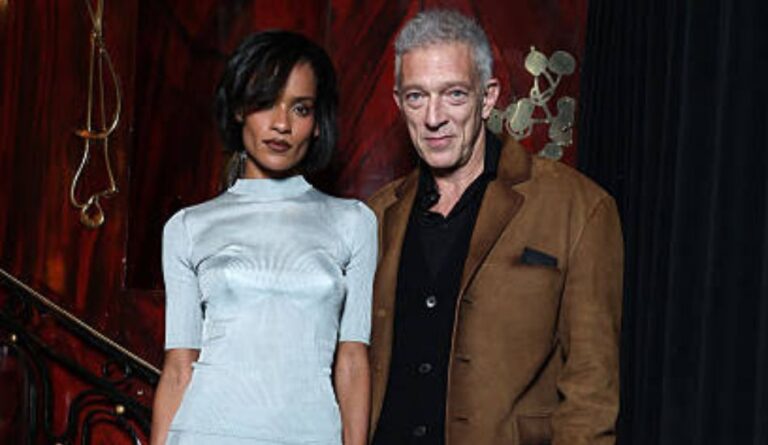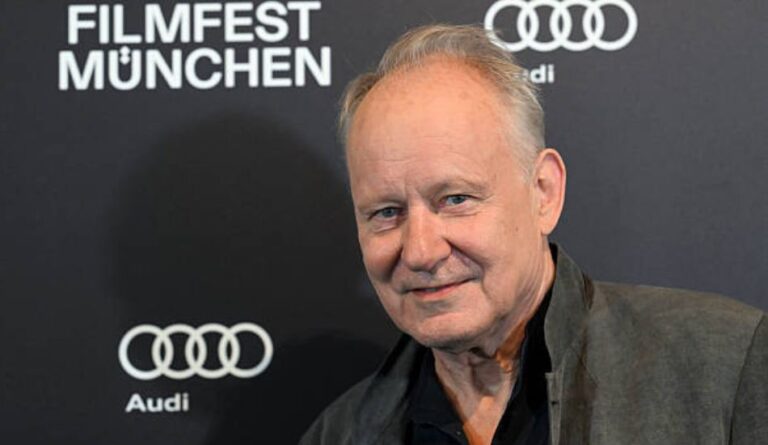Who Was Jean-Pierre Cassel? The French Star Who Danced, Acted, and Left a Legacy
If you’ve ever watched a classic French movie from the 1960s or ’70s, chances are you’ve seen a tall, witty, and light-footed actor who could dance as well as he could charm a camera. That man was Jean-Pierre Cassel, a name that still resonates with movie lovers today.
He wasn’t just another actor in France’s golden cinema age — he was one of those multi-talented performers who could easily swing between comedy, drama, and musicals. Let’s unpack his life story, from his birth and early years to his movies, family, and legacy, and find out why his name continues to echo through generations — especially through his famous son, Vincent Cassel.
Early Life: Who Was Jean-Pierre Cassel?
Jean-Pierre Cassel was born Jean-Pierre Crochon in Paris, France, on October 27, 1932. He grew up in a creative family — his father, Georges Crochon, was a doctor, and his mother, Louise-Marguerite Fabrègue, was a talented opera singer. So, you could say that art ran in his veins from the start.
From a young age, Cassel had two big passions — acting and dancing. He trained at the prestigious Cours Simon, one of Paris’s best acting schools, and also learned tap dancing and modern dance. That combination of stage movement and expressive acting later became his signature style — smooth, energetic, and full of life.
Jean-Pierre Cassel’s Age and Birthday
Born on October 27, 1932, Jean-Pierre lived through some of France’s most fascinating cultural decades. He passed away on April 19, 2007, at the age of 74.
During his life, he witnessed — and participated in — the evolution of French cinema. From the post-war romantic comedies to experimental films of the ’70s, Cassel had seen it all, worked with legendary directors, and shaped what people today call “classic French screen charm.”
A Chance Encounter: How He Got Discovered
Every great story has a “lucky break,” and Cassel’s came in a surprising way. While performing dance routines in Paris, Hollywood legend Gene Kelly spotted him and was instantly impressed. Kelly cast him in the 1956 film The Happy Road.
That moment changed everything. Suddenly, this energetic Parisian dancer was on an international radar, and soon, French directors wanted him on their sets too.
Breaking Through: The Rise of a French Star
Jean-Pierre Cassel didn’t waste any time after his discovery. By the late 1950s and early ’60s, he became a recognizable name in France’s film industry.
His natural charisma and comedic timing landed him roles in romantic comedies, especially under the direction of Philippe de Broca, one of France’s most successful filmmakers.
Some of his most famous films from this period include:
The Love Game (Le jeu de l’amour) (1960)
Male Companions (Le Farceur) (1961)
The Elusive Corporal (Le Caporal Épinglé) (1962) directed by Jean Renoir
He wasn’t just an actor — he was a showman. His movements were graceful, his presence magnetic, and his humor distinctly French — witty, charming, and full of light irony.
Jean-Pierre Cassel’s International Journey
By the mid-1960s, Cassel wasn’t limited to French screens anymore. His fluency in English and his dynamic acting made him a perfect fit for international films.
He starred in:
Those Magnificent Men in Their Flying Machines (1965)
Oh! What a Lovely War (1969)
Murder on the Orient Express (1974)
But perhaps his most iconic role was in Luis Buñuel’s surreal masterpiece, The Discreet Charm of the Bourgeoisie (1972). This film became an international hit and won an Oscar for Best Foreign Language Film, further cementing Cassel’s global reputation.
The Charm of “Young” Jean-Pierre Cassel
When people talk about “young Jean-Pierre Cassel”, they often recall his elegance and energy. With his slender frame, expressive eyes, and dancer’s posture, he embodied what audiences of the 1960s loved — the mix of sophistication and boyish fun.
He wasn’t your typical brooding actor; instead, he brought a fresh, lively tone to his roles. Watching him perform was like watching rhythm in human form — every gesture calculated yet effortlessly smooth.
Style and Acting Approach
Cassel often said acting was about movement and rhythm. His background as a dancer gave him an edge — he understood how physicality could express emotion better than words sometimes could.
He often played roles of men torn between love and adventure or dreamers navigating everyday life. Directors admired his ability to shift between laughter and seriousness in a blink.
Jean-Pierre Cassel’s Later Career
As he grew older, Cassel transitioned naturally into more mature roles. He appeared in films like Vincent, François, Paul et les autres (1974) and Army of Shadows (1969). Even in the ’90s and 2000s, he continued to act in both cinema and television.
He worked with directors such as Claude Chabrol and Michel Deville, showing a consistency in quality that many actors envy.
By the end of his career, he had appeared in over 100 films — a testament to both his talent and his love for the craft.
Family and Personal Life
Behind the screen, Jean-Pierre Cassel was a dedicated family man.
He married Sabine Litique in 1966, and they remained together until 1980. Later, he married Anne Célérier in 1981, with whom he stayed until his passing.
From his first marriage, he had three children:
Vincent Cassel (born 1966) — a celebrated French actor known for Black Swan, La Haine, and Ocean’s Twelve.
Mathias Crochon, also known as Rockin’ Squat, a French rapper and producer.
Cécile Cassel, an actress and singer who performs under the name HollySiz.
It’s safe to say that Jean-Pierre Cassel’s artistic DNA didn’t stop with him — it’s been passed down to his children, each excelling in different branches of entertainment.
Daughter-in-Law and Grandchildren
His family tree extends into modern cinema royalty. Cassel’s daughter-in-law is none other than Monica Bellucci, the Italian actress and model who was married to Vincent Cassel.
Together, Vincent and Monica have two daughters — Deva Cassel and Léonie Cassel — making them Jean-Pierre’s grandchildren.
Deva Cassel, born 2004, has already begun her modeling career, representing brands like Dolce & Gabbana, keeping the Cassel-Bellucci artistic lineage alive.
Jean-Pierre Cassel’s Cause of Death
Sadly, Jean-Pierre Cassel passed away on April 19, 2007, in his hometown of Paris, after battling cancer. He was 74 years old.
His funeral was attended by countless French actors, filmmakers, and admirers who grew up watching his films. For many, his passing marked the end of an era — that golden age when French cinema was both playful and poetic.
Jean-Pierre Cassel’s Legacy
Cassel’s influence extends far beyond his own filmography. His combination of elegance, humor, and emotion inspired a generation of French actors who followed.
In interviews, his son Vincent Cassel often credits his father for introducing him to the world of cinema — not just through exposure, but through discipline and respect for storytelling.
Jean-Pierre taught by example: that art isn’t about fame but about living truthfully through the lens.
Even after his death, his movies continue to appear in retrospectives and streaming platforms. For cinema lovers, he remains a symbol of grace, intelligence, and timeless charm.
Jean-Pierre Cassel in Pop Culture
You might still catch glimpses of him in documentaries about French cinema or see tributes online every October around his birthday. His name trends whenever Vincent Cassel releases a new movie, reminding people where it all began.
The Cassel family, in many ways, has become one of France’s most famous artistic dynasties.
Fun Facts About Jean-Pierre Cassel
His real name was Jean-Pierre Crochon, but he adopted “Cassel” early in his career because it sounded more artistic.
Gene Kelly personally helped kickstart his film career.
He loved to tap-dance and often performed at private events even off-camera.
He once said: “To act is to dance without music.”
His son Vincent Cassel starred in Mesrine and Black Swan, continuing the family’s global recognition.
Jean-Pierre Cassel: The Man Behind the Screen
It’s easy to remember Cassel as just another actor from the ’60s, but he was much more than that. He was part of a generation that redefined French cinema — one that valued storytelling, creativity, and the pure joy of performance.
When you watch his films today, they don’t feel dated. His expressions, his movements, his delivery — they all still feel fresh, like time barely touched them. That’s the mark of a true artist.
Why He Still Matters
Jean-Pierre Cassel’s work reminds us that cinema isn’t about special effects or fame — it’s about character, charm, and connection. Whether dancing in front of Gene Kelly’s camera or starring in Buñuel’s surrealist masterpiece, he carried authenticity in every frame.
Modern French actors often list him as an influence, and through Vincent Cassel and the Cassel-Bellucci family, his story continues — an artistic flame passed from one generation to the next.
Final Thoughts
Jean-Pierre Cassel lived a full, expressive, and creative life. From a young Parisian dancer to an international movie star, he left an indelible mark on film history. His artistry continues to live on through his children, grandchildren, and the countless moviegoers who still admire his work.
And if you’re someone who appreciates timeless cinema, do yourself a favor — watch The Discreet Charm of the Bourgeoisie or The Love Game. You’ll understand why Jean-Pierre Cassel remains a true classic.
(Article published by Chopmagazine.com — your source for timeless stories, people, and art.)







